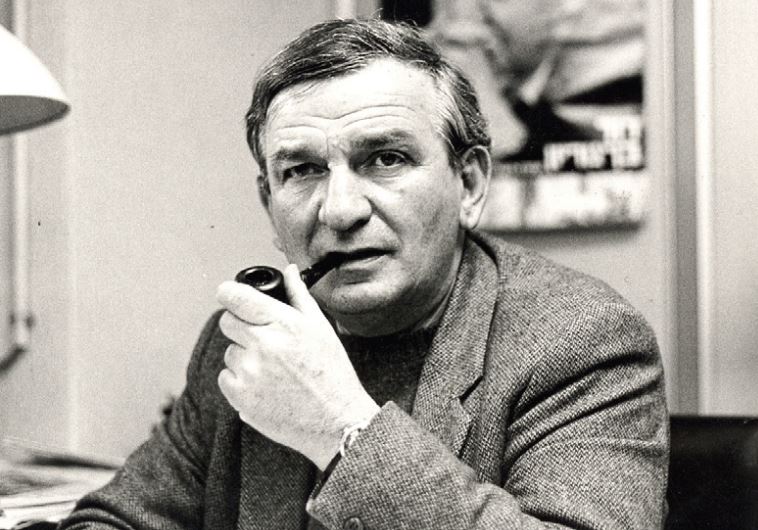‘The Last Witnesses’
The Last Witnesses helps to counteract any lingering denials, and to keep the memory of the Shoah alive in Austria and around the world.
 The now-91-year-old Ari Rath in 1989, during his days as ‘Jerusalem Post’ editor-in-chief(photo credit: DAVID BRAUNER)
The now-91-year-old Ari Rath in 1989, during his days as ‘Jerusalem Post’ editor-in-chief(photo credit: DAVID BRAUNER)